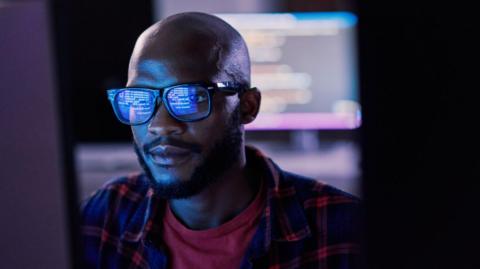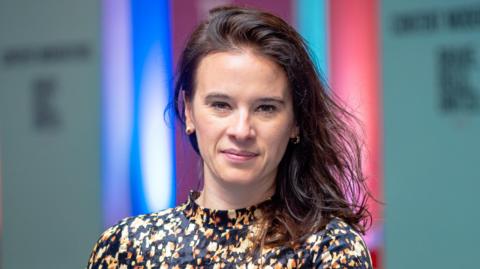In 2020, Meta then known as Facebook, agreed to pay a settlement of $52m (£40m) to moderators who had developed mental health issues because of their jobs.
The legal action was initiated by a former moderator in the US called Selena Scola. She described moderators as the “keepers of souls”, because of the amount of footage they see containing the final moments of people’s lives.
The ex-moderators I spoke to all used the word “trauma” in describing the impact the work had on them. Some had difficulty sleeping and eating.
One described how hearing a baby cry had made a colleague panic. Another said he found it difficult to interact with his wife and children because of the child abuse he had witnessed.

